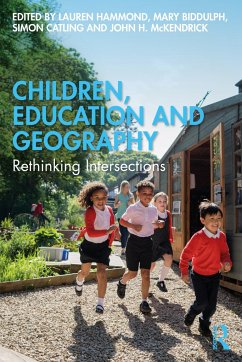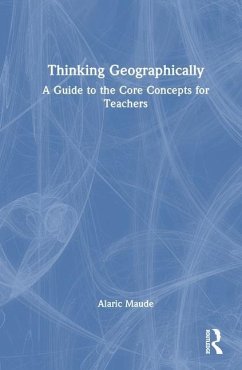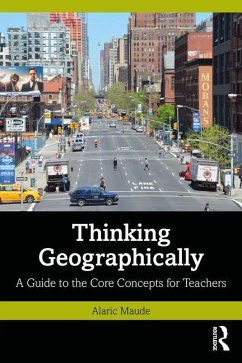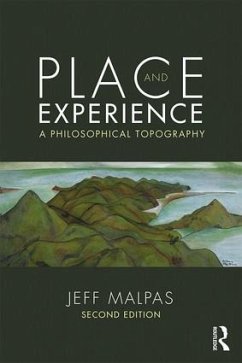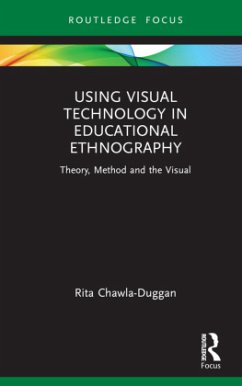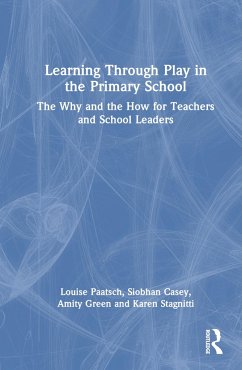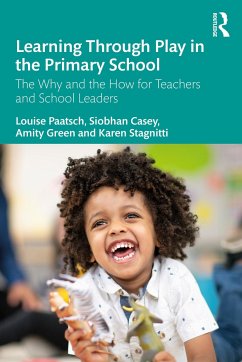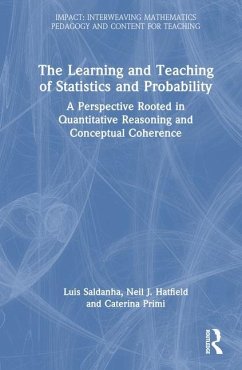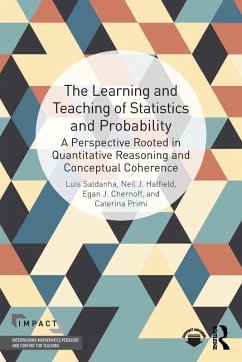
Encountering Ideas of Place in Education
Scholarship and Practice in Place-based Learning
Herausgegeben: Rawlings Smith, Emma; Pike, Susan
Versandkostenfrei!
Versandfertig in 6-10 Tagen
41,99 €
inkl. MwSt.
Weitere Ausgaben:

PAYBACK Punkte
21 °P sammeln!
This book draws together theories, research, and practice on knowledges and pedagogies of place across educational settings.Using empirical research on learning across education systems, each chapter highlights different concepts of place in various contexts such as environments, understandings of place like those experienced by communities and opportunities for embedding place in learning. Chapters are co-constructed by authors working collaboratively across different contexts, tackling key themes such as justice, mobilities, changes, and sustainability, through place.The book indicates how e...
This book draws together theories, research, and practice on knowledges and pedagogies of place across educational settings.
Using empirical research on learning across education systems, each chapter highlights different concepts of place in various contexts such as environments, understandings of place like those experienced by communities and opportunities for embedding place in learning. Chapters are co-constructed by authors working collaboratively across different contexts, tackling key themes such as justice, mobilities, changes, and sustainability, through place.
The book indicates how educators can apply creative approaches to teaching within, through and about place in education and will therefore be of relevance to a wider range of academics, teachers and practitioners working in early years settings, schools, universities and other educational context.
Using empirical research on learning across education systems, each chapter highlights different concepts of place in various contexts such as environments, understandings of place like those experienced by communities and opportunities for embedding place in learning. Chapters are co-constructed by authors working collaboratively across different contexts, tackling key themes such as justice, mobilities, changes, and sustainability, through place.
The book indicates how educators can apply creative approaches to teaching within, through and about place in education and will therefore be of relevance to a wider range of academics, teachers and practitioners working in early years settings, schools, universities and other educational context.





